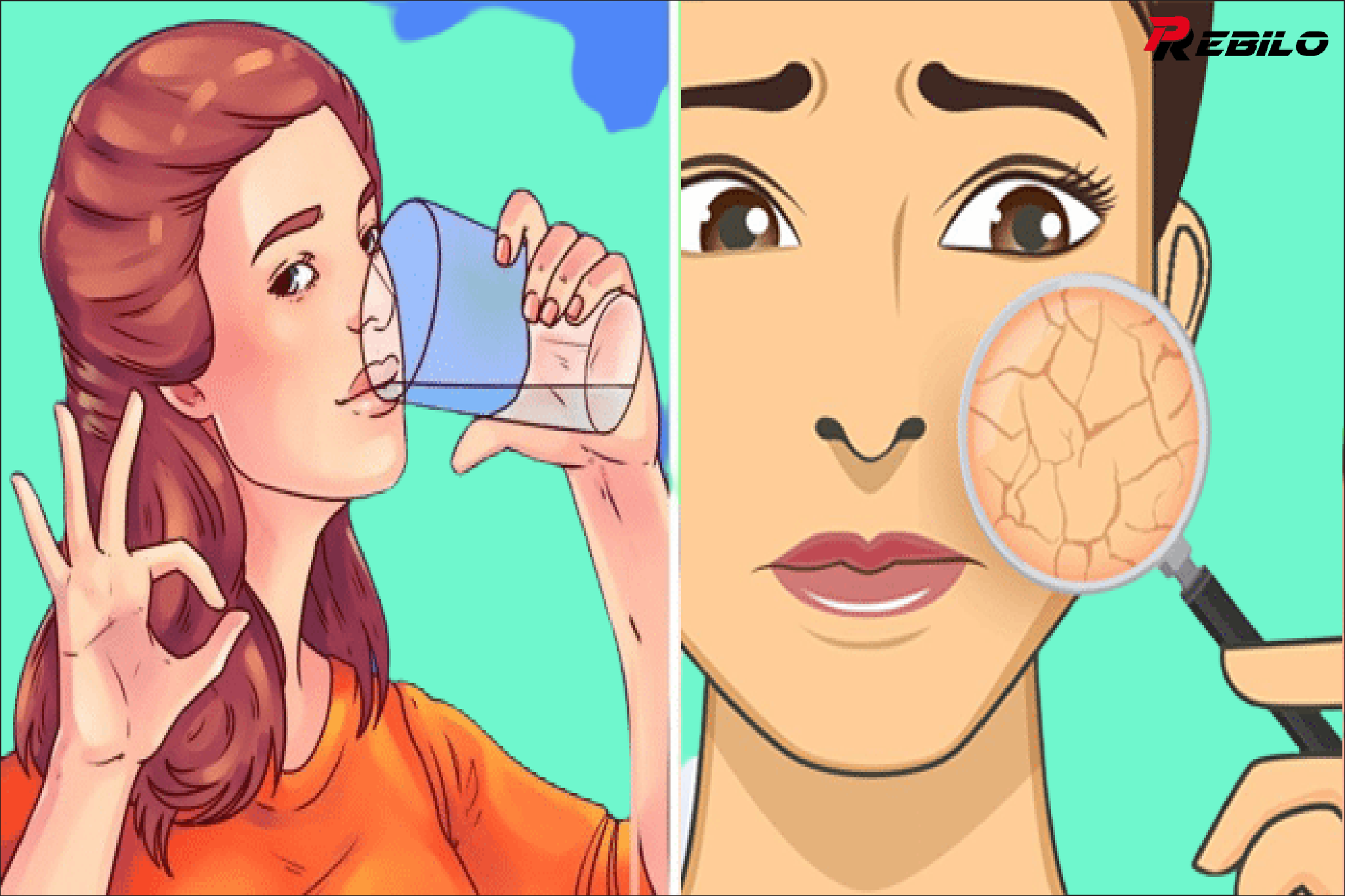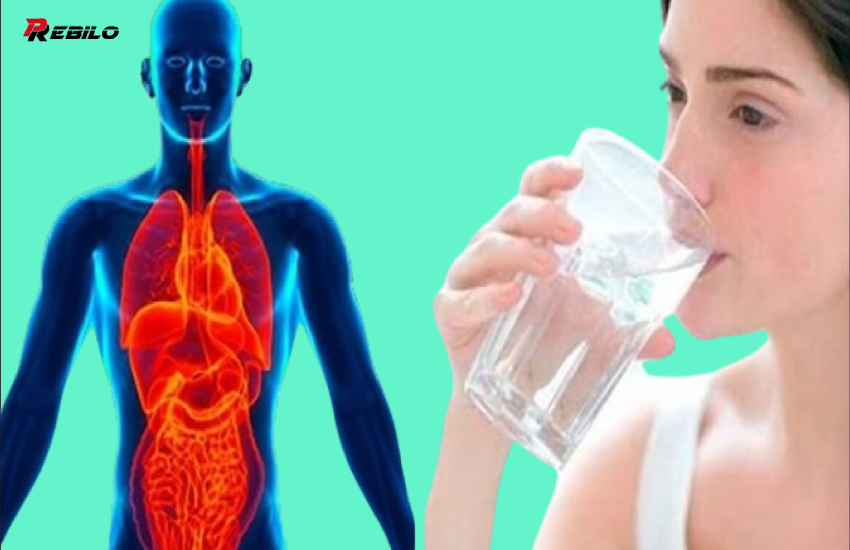10 Signs You’re Not Drinking Enough Water
Water is the elixir of life, essential for the proper functioning of our bodies. Every cell, tissue, and organ requires water to perform its functions effectively. Yet, in the hustle and bustle of daily life, many of us often overlook the importance of staying adequately hydrated. Dehydration can have a range of negative effects on our health, affecting everything from physical performance to cognitive function. In this comprehensive article, we will delve into 10 signs that indicate you might not be drinking enough water and explore the various dimensions of hydration, its benefits, and practical tips for staying hydrated.
The Importance of Hydration
Before we dive into the signs of inadequate hydration, let’s understand why staying hydrated is crucial for our well-being:
- Cellular Function: Water is essential for the proper functioning of cells, facilitating chemical reactions, transporting nutrients, and removing waste products.
- Temperature Regulation: Adequate water intake helps regulate body temperature by enabling the body to sweat and dissipate heat.
- Joint Lubrication: Water acts as a lubricant for joints, cushioning them and facilitating smooth movement.
- Digestion and Nutrient Absorption: Water is vital for digestion, aiding the breakdown of food and absorption of nutrients.
- Cognitive Function: Proper hydration supports brain function, improving concentration, alertness, and overall cognitive performance.
- Detoxification: Water helps flush out toxins and waste products from the body through urine and sweat.
- Physical Performance: Hydration is crucial for athletes and active individuals as it affects endurance, strength, and overall physical performance.
Signs You Don’t Drink Enough Water
Now, let’s explore the 10 telltale signs that indicate you might not be consuming enough water:
1. Dark Urine
One of the most apparent signs of dehydration is dark-colored urine. Dark yellow or amber urine is a clear indicator that your body is not getting enough water. Adequately hydrated urine is usually pale yellow, signifying proper hydration levels.
2. Infrequent Urination
If you find yourself making fewer trips to the bathroom than usual, it’s likely that you’re not drinking enough water. Infrequent urination can lead to urine becoming concentrated, which may contribute to kidney stone formation and urinary tract infections.
3. Dry Mouth and Bad Breath
A dry mouth and persistent bad breath can be caused by dehydration. Saliva helps cleanse the mouth of bacteria, and reduced saliva production due to dehydration can result in bad breath.
4. Fatigue and Low Energy
Dehydration can lead to reduced blood volume and oxygen delivery to cells, causing feelings of tiredness and low energy. If you often feel fatigued, despite adequate sleep, inadequate water intake might be a contributing factor.
5. Headaches
Dehydration can trigger headaches and migraines due to reduced blood flow and oxygen to the brain. Staying hydrated can help alleviate headache symptoms and even prevent them in some cases.
6. Dizziness or Lightheadedness
Low blood pressure resulting from dehydration can lead to feelings of dizziness or lightheadedness when standing up. Proper hydration helps maintain stable blood pressure levels.
7. Dry Skin and Lips
One of the most visible signs of dehydration is dry, flaky skin and chapped lips. Insufficient water intake can reduce skin elasticity and contribute to premature aging.
8. Muscle Cramps
Dehydration can lead to electrolyte imbalances, increasing the likelihood of muscle cramps and spasms. Proper hydration helps maintain electrolyte balance and prevents muscle discomfort.
9. Difficulty Concentrating
Your brain’s cognitive functions can be significantly affected by dehydration. Inadequate hydration can lead to difficulty concentrating, reduced memory retention, and decreased mental clarity.
10. Increased Heart Rate
Dehydration causes your heart to work harder to pump blood, resulting in an increased heart rate. Proper hydration supports cardiovascular health and helps maintain a regular heart rate.
The Factors Influencing Hydration Needs
Hydration needs are not one-size-fits-all; they vary based on several factors:
- Age: Children, older adults, and infants have different hydration requirements.
- Activity Level: Those who engage in physical activities require more water to compensate for sweat loss.
- Climate: Hot and humid conditions lead to increased fluid loss through sweat.
- Health Conditions: Certain medical conditions like diabetes and kidney problems can affect hydration needs.
Staying Hydrated: Practical Tips
Maintaining proper hydration doesn’t have to be a complex task. Here are some practical tips to help you stay adequately hydrated:
- Drink Water Regularly: Make drinking water a habit by setting reminders or using apps to track your intake.
- Carry a Reusable Water Bottle: Keep a water bottle with you at all times to make it convenient to sip throughout the day.
- Monitor Urine Color: Use urine color as an indicator of hydration. Aim for pale yellow urine.
- Incorporate Hydrating Foods: Fruits and vegetables with high water content, such as watermelon, cucumber, and oranges, can contribute to your hydration.
- Set Hydration Goals: Determine your daily hydration goal based on factors like age, weight, and activity level.
- Hydrate Before, During, and After Exercise: Drink water before, during, and after physical activity to replace fluids lost through sweat.
- Limit Caffeine and Alcohol: Both caffeine and alcohol can contribute to dehydration, so consume them in moderation.
- Infuse Your Water: Add natural flavors to your water by infusing it with fruits like berries, citrus, or herbs like mint.
- Create a Routine: Establish a routine where you drink water at specific times, such as upon waking, before meals, and before bedtime.
- Listen to Your Body: Pay attention to your body’s signals of thirst and prioritize drinking water when you feel thirsty.
Conclusion
Proper hydration is essential for maintaining optimal health and well-being. Neglecting to drink enough water can lead to a range of adverse effects on your body, from physical discomfort to cognitive impairment. By recognizing the signs of dehydration and adopting simple strategies to stay hydrated, you can support your overall health and enjoy the benefits of a well-hydrated body. Remember that staying hydrated is a continuous effort that requires mindfulness and commitment to prioritize your health.


